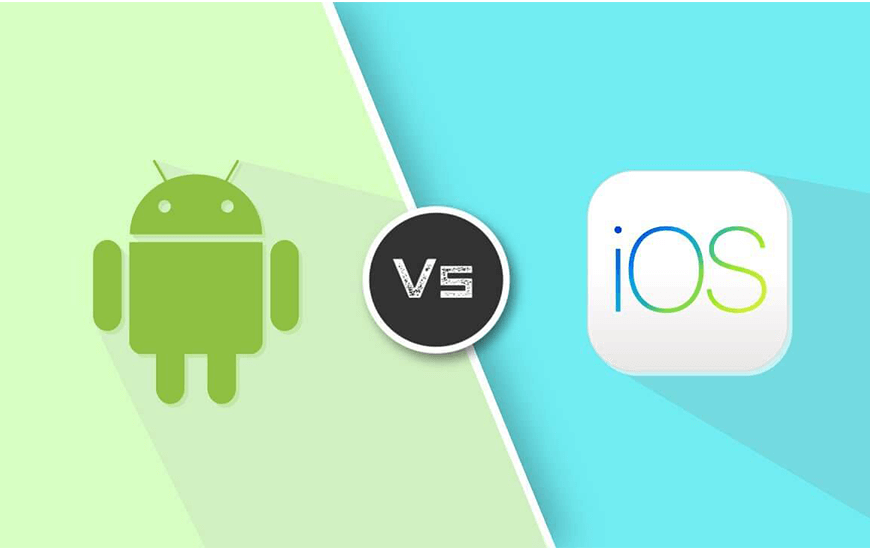
Android vs. iOS: Smartphone operating system showdown
Introduction
When it comes to choosing a smartphone, one of the first decisions you have to make is which operating system (OS) to go for. Android and iOS are the two dominant players in the market, each with its own unique set of features and advantages. In this article, we will delve into the Android vs. iOS battle, comparing key factors such as customization, security, user interface, app availability, and more. Let the showdown begin!
Customization
“Make it truly yours” – Android’s customization capability is what sets it apart from iOS. With Android, you have the freedom to personalize your device to your heart’s content. From changing home screen layouts, widgets, and app icons to installing third-party launchers, Android allows you to tweak every aspect of your smartphone’s appearance and functionality. On the other hand, iOS offers limited customization options, prioritizing a streamlined and consistent user experience across devices.
User Interface
“Simplicity meets elegance” – iOS boasts a clean and intuitive interface that has won over many users. Its user-friendly design, consistent across Apple devices, makes it easy to navigate through the phone’s features and applications. Android, on the other hand, offers a more diverse range of interfaces depending on the phone’s manufacturer and the version of Android being used. This variety allows users to choose a UI that suits their preferences, whether it’s a stock Android experience or a customized interface provided by phone manufacturers.
App Availability
“Apps for all” – When it comes to sheer volume of apps, Android takes the lead. Google Play Store, Android’s app marketplace, offers a vast selection of apps and games in various categories. Android’s open-source nature allows developers the freedom to create and publish apps easily. On the contrary, Apple’s App Store has a more stringent approval process, leading to a slightly smaller selection but often with better quality control. Apple’s strict guidelines ensure that apps available on the App Store are generally well-optimized and offer a consistent user experience.
Battery Life & Performance
“Long-lasting and efficient” – Android devices are known for their versatility and ability to cater to a wide range of hardware configurations. However, this diversity can sometimes lead to inconsistency in terms of performance and battery life. With iOS, Apple has complete control over both hardware and software, resulting in optimized performance and efficient battery management. iOS devices are known for their smooth and seamless experience, ensuring reliable performance and longer battery life.
Security and Privacy
“Protect your digital life” – When it comes to security, iOS has a reputation for being more secure than Android. Apple’s closed ecosystem, strict app review process, and regular software updates make it less prone to malware and hacking attempts. In contrast, Android’s open nature and the availability of third-party app stores make it more vulnerable to security threats. However, Google has been continuously improving Android’s security features, offering regular security patches and system updates to mitigate potential risks.
Conclusion
At the end of the day, the choice between Android and iOS comes down to personal preference and priorities. Android offers a highly customizable experience and a wider range of device options to suit individual needs and budgets. On the other hand, iOS provides a polished and uniform experience across Apple devices, with a focus on security and ease of use. Whether you prioritize flexibility, app availability, or security, the Android vs. iOS battle continues to shape the smartphone market, leaving consumers with fantastic options to choose from.

